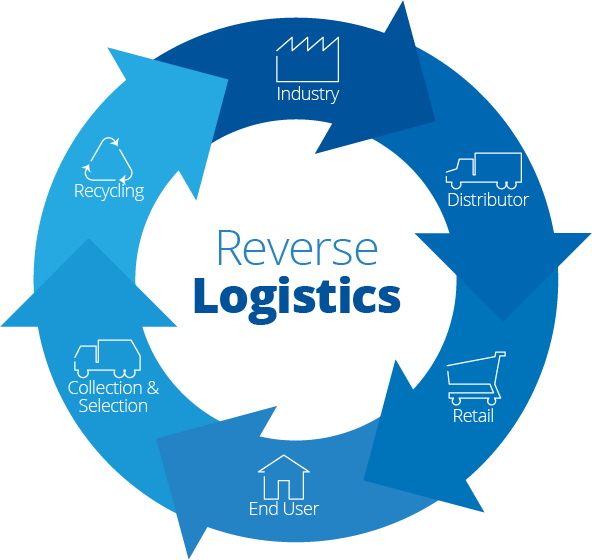Description
COURSE OVERVIEW
Businesses and industries are rapidly adopting technology improvements to maximize their operations in the present digital age. Due to rising sustainability demands, laws, and consumer expectations, reverse logistics has expanded dramatically in both complexity and importance over the years. Companies all over the world are seeing the strategic value of incorporating sustainable practices into their reverse logistics processes. However, this integration is fraught with difficulties, particularly in aligning organizations’ economic goals with environmental and social goals.
The goal of this training workshop is to provide participants with knowledge, strategies, and best practices in sustainable reverse logistics, allowing them to effectively address challenges and capitalize on opportunities to integrate sustainability into their organization’s reverse logistics processes for enhanced environmental, social, and economic benefits in this digital age. Through a mix of theory, real-world case studies, and hands-on activities, attendees will leave with a robust toolkit to drive sustainable change in their organizations’ reverse logistics operations.
LEARNING OUTCOMES
By the end of the workshop, participants will be able to:
WORKSHOP DETAILS
| Dates | Time | Mode of Delivery | Venue |
| 08 – 09 November,2023 | 8:30am – 4:30pm | In-Person | Ghana Shippers Authority, Accra |
| 08 – 09 November,2023 | 8:30am – 4:30pm | Virtual | Via Zoom |





There are no reviews yet.